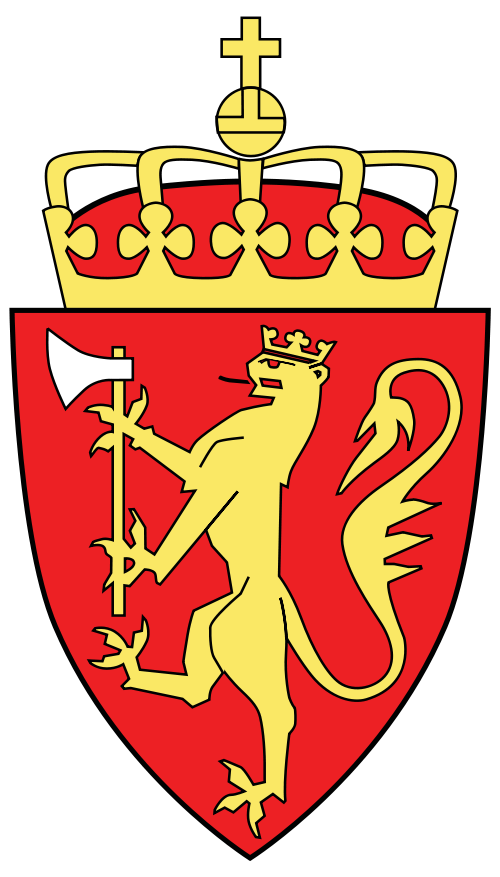Category: Press Releases
-
Criminalizing peaceful protest: Act up for Abdallah Abu Rahmah
25 August 2010 | Popular Struggle UPDATE: Baroness Ashton condemns Bil’in leader’s conviction; Attorney: “International community must take a tough stand on human rights defenders.” Abdallah Abu Rahmah, the coordinator of the Bil’in Popular Committee, was yesterday convicted of incitement and organizing illegal marches by an Israeli military court. The conviction concluded an eight months…
-
Bil’in’s Abdallah Abu Rahmah cleared of stone-throwing; convicted of incitement
24 August 2010 | Popular Struggle Protest organizer Abdallah Abu Rhamah from Bil’in was convicted of incitement and organizing illegal demonstrations today, after an eight months long military trial, during which he was kept behind bars. He was acquitted of a stone-throwing charge and a vindictive arms-possession charge. Abdallah Abu Rahmah’s verdict was read today…
-
Adalah-NY: Norway Divests from Leviev Companies Due to Israeli Settlement Construction
Adalah-NY FOR IMMEDIATE RELEASE New York, NY – In a major victory for the international movement for Boycott, Divestment and Sanctions (BDS) against Israel, the Norwegian government announced today that it has divested from Lev Leviev’s company Africa Israel Investments and its construction subsidiary Danya Cebus due to their construction of Israeli settlements in the…

